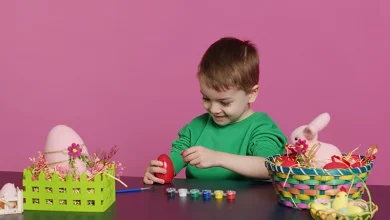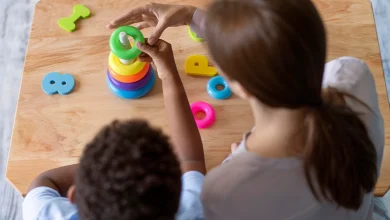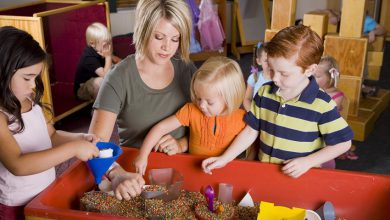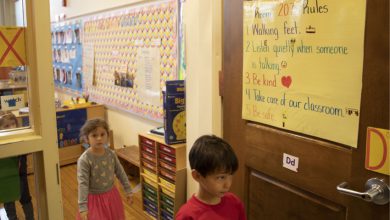10 Spring Gardening Activities for Preschoolers
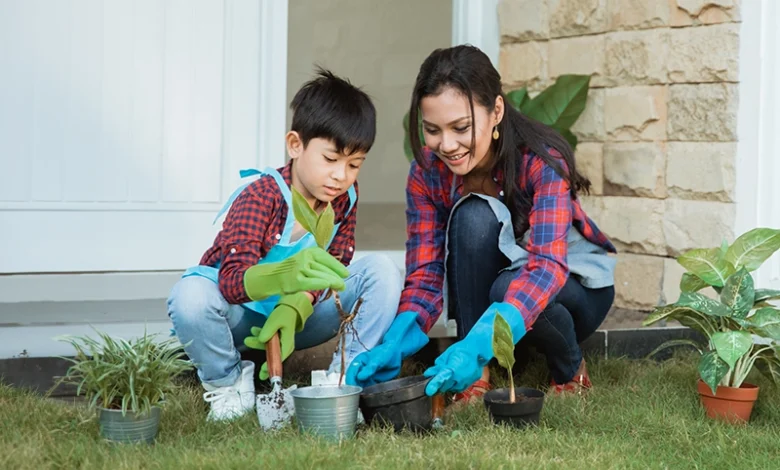
As the frost of winter melts away, unveiling the fertile promise of spring, it’s the perfect time to introduce the youngest members of our families to the enchanting world of gardening. Gardening offers preschoolers a unique blend of education and entertainment, teaching them about the cycles of nature while nurturing their development and curiosity. This spring, embark on a journey of discovery and growth with these 10 must-try gardening activities designed specifically for preschoolers.
1. Seed Starting Journey
Begin with the basics: planting seeds. Allow each child to plant seeds in a clear plastic cup. As the seeds germinate and sprout, children can observe the roots forming and stretching down into the soil, offering a visible display of the plant’s growth. This not only teaches patience but also gives them a firsthand look at the beginning stages of a plant’s life.
2. DIY Rain Gauge
Integrate a bit of science into your gardening by helping your preschooler create their own rain gauge. Use a simple plastic bottle, cutting the top off and inverting it to funnel rain into the bottle. Mark measurements on the side to monitor how much rain falls. This activity teaches children about the importance of water for plant growth.
3. Fairy and Dinosaur Gardens
Spark their imagination by creating themed gardens. Whether it’s a fairy garden adorned with tiny houses and pathways or a dinosaur garden featuring prehistoric plants and toy dinosaurs, this activity allows children to combine creative play with gardening. It’s a wonderful way to personalize their gardening experience.
4. Plant a Butterfly Garden
Select plants known to attract butterflies, such as milkweed, lavender, and butterfly bush. Planting a butterfly garden not only beautifies your space but also offers a habitat for these beautiful insects. Children will learn about the symbiotic relationships in nature and the role of pollinators.
5. Garden Markers Craft
Engage preschoolers in a creative art project by making garden markers. Using stones, popsicle sticks, or even recycled materials, they can paint or decorate each marker to identify plants in the garden. This activity fosters creativity and helps them learn to identify different plants.
6. Sensory Herb Garden
Create a sensory herb garden by planting herbs with various textures and scents, such as mint, basil, and lavender. Encourage children to touch, smell, and eventually taste the herbs. This sensory experience enhances their understanding of plants and stimulates their senses.
7. Worm Observatory
Build a worm observatory using a large, clear container filled with soil and a few earthworms. Add organic matter like leaves and let children watch as the worms tunnel and turn the compost into nutrient-rich soil. This introduces them to the concept of composting and soil health.
8. Gardening Story Time
Combine reading with gardening by selecting books related to plants, gardening, or nature. Read together in the garden or create a story circle surrounded by plants. This reinforces what they’ve learned through gardening with educational stories and illustrations.
9. Watering Can Fun
Teach responsibility by giving each child their own small watering can. Show them how to gently water the plants, emphasizing the importance of not overwatering. This daily task helps them understand the care plants need to thrive.
10. Nature Scavenger Hunt
Organize a nature scavenger hunt in the garden, creating a list of items to find, such as a certain colored flower, a smooth leaf, or an insect. This activity encourages observation skills and a deeper appreciation for the biodiversity of their garden.
Conclusion
Gardening with preschoolers this spring offers more than just fun; it’s a foundation for a lifelong appreciation of nature, responsibility, and curiosity. Through these activities, children learn crucial life lessons about growth, patience, and care. So, grab a trowel and some seeds, and watch as your little ones cultivate not just a garden but a love for the living world.


